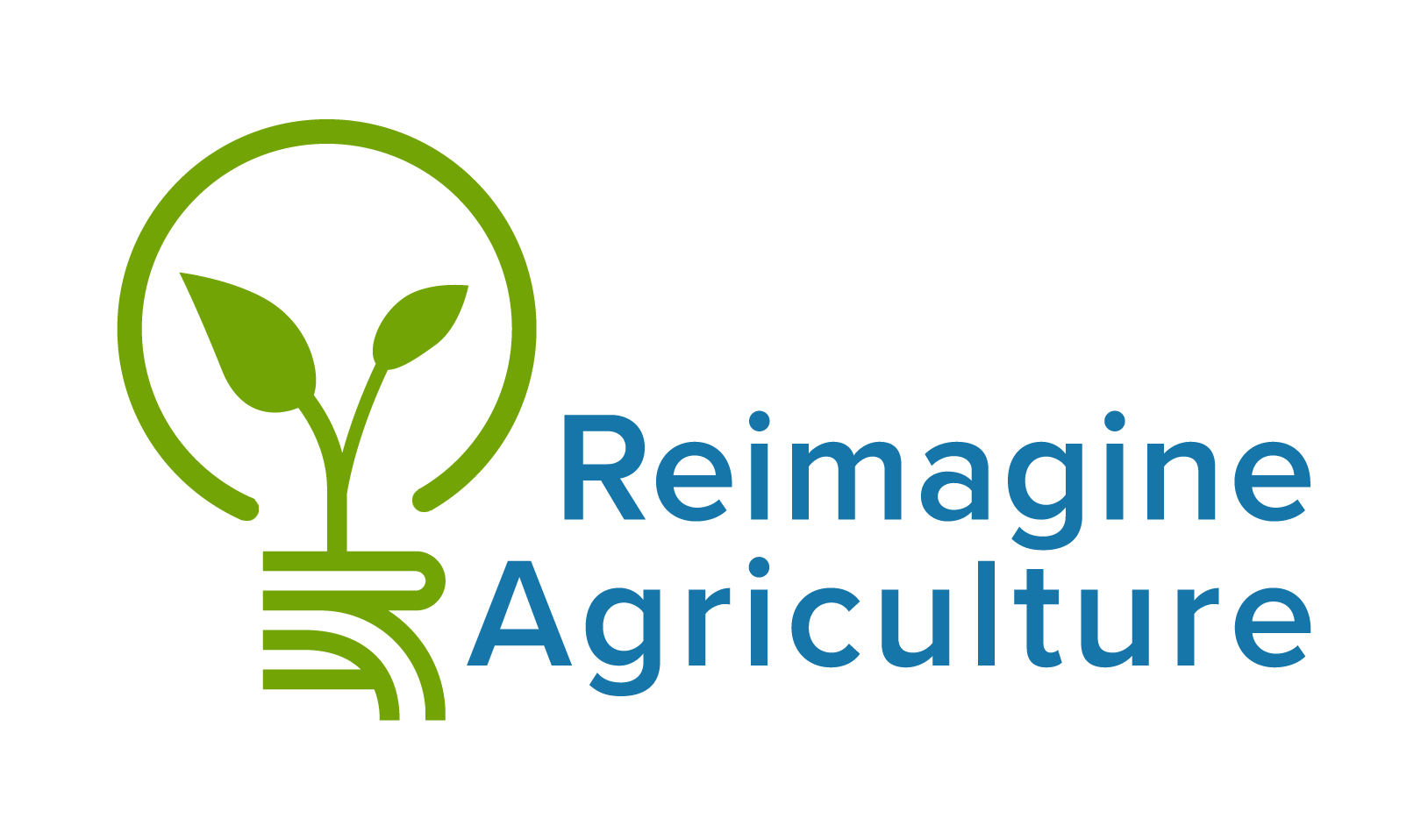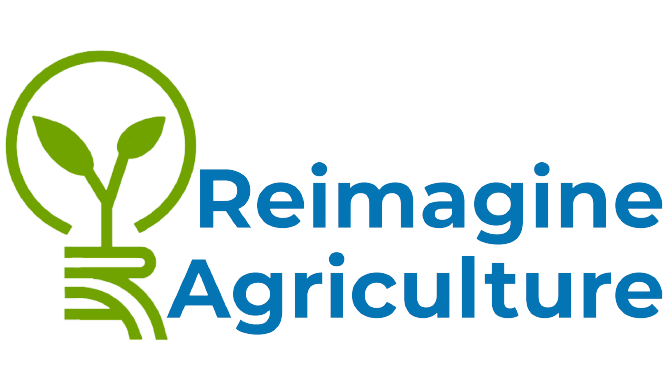Federal Cultivated Meat Policy Petition
Cultivated meat technology is the future of the agricultural industry. This alternative way of creating meat in a sterile food production facility has many health, economic, and welfare benefits. This technology is an untapped opportunity for Canada to bring sustained economic benefits such as job transitions into an environmentally friendly sector. Early investment will see our agricultural sector flourish, ensuring we are global leaders paving the way for food and job security in these challenging times.
We believe there is an urgent need to address funding, regulation, and education issues to provide a solid foundation for this new industry to thrive.
Cultivated meat is a developing technology based on our long-established understanding of cell biology. This process allows us to grow meat in a safe environment without concerning animal welfare issues. Cells are gently harvested from an animal and transferred to a medium that allows them to grow as they usually would. This process provides meat tissues that humans typically consume without the need to raise a whole animal. The terms cultivated meat, cultured meat, cellular agriculture, and clean meat are used interchangeably throughout the industry.
Unfortunately, Canada is currently inhospitable to the cultivated meat industry. Lack of awareness, funding, and infrastructure has provided little opportunity for cultivated meat to showcase its social, economic, and environmental benefits here. This year cultivated meat was approved by the regulatory body in Singapore; this trend is expected to continue globally, shifting the current agricultural market. Adjustment of regulation and early investment now will ensure the Canadian economy is also at the forefront of this exciting shift.
From a health perspective, cultivated meat holds a distinct advantage over conventionally grown meat. Foodborne illness, antibiotic resistance, and zoonotic diseases are common and unavoidable issues with conventional meat. Raising and slaughtering animals in confined, poorly ventilated, and fecal-covered spaces ensures meat for human consumption is often contaminated with pathogens such as Toxoplasma Gondii, Escherichia Coli, and Salmonella. Foodborne illness is an unavoidable consequence of acquiring meat from farm animals; this risk is eliminated by cultivating meat in a sterile food production facility.
Similarly, overuse of antibiotics in farm animals has caused a significant increase in antibiotic-resistant bacteria. A meta-analysis of 900 studies (years 2000-2018) shows that the proportion of bacteria no longer responsive to our existing drug treatments has tripled in recent years. This resistance has severe, and long-lasting implications for human health as antibiotics are our strongest line of defense against infection. The Covid-19 pandemic, although viral, has forced the world to reckon with the correlation between zoonotic diseases and animal agriculture.
Conventional animal agriculture is a highly inefficient system. Currently, 83% of farmland is dedicated to raising animals whose meat accounts for only 18% of our total caloric consumption. This is due to the extensive amount of land required to grow crops as fodder for animals. In addition, 60% of food-related greenhouse gas emissions come from animal husbandry practices, and also it boasts significant contributions to water pollution, soil degradation, and water consumption.
These inefficiencies are removed by shifting to clean meat production. Cultivated meat provides the same product at a fraction of the environmental costs. Though research is still emerging, confident estimates suggest cultivated meat can reduce greenhouse gas emissions by 78-96%, reduce land use by 99% and reduce water consumption by 82%-96%. It is simply a better process to create the same meat product.
It is imperative that Canada supports the introduction and growth of the cultivated meat industry. We volunteers, along with Reimagine Agriculture, put forward the following three policy asks to address our concerns regarding the shift from conventional to cultivated meat;
Funding:
The Federal Government of Canada must make funding accessible to the cultivated meat industry. This includes securing new funding from science and technology budgets and making existing agricultural grants accessible to the cultivated meat sector. Canada must support the research and development of cultivated meat technology and start-up organizations within the industry.
Regulation:
Currently, cultivated meat is unregulated in Canada. This provides little opportunity or security for those wishing to invest or sell the product here. The Federal Government of Canada and The Provincial Governing Bodies must collaborate to ensure regulation of cultivated meat is active, clear, and accessible in Canada.
Education:
Canada boasts an ever-growing agricultural sector and bright minds at our world-renowned Universities. In collaboration with the relevant Provincial and educational bodies, we insist that cultivated meat's environmental, social and economic benefits are taught to Canadian students. This will ensure their inclusion and success in the global modernization of food security in a climate-challenged world.
Reimagine Agriculture is an independent and nonpartisan nonprofit focusing on addressing agricultural issues from an environmental, ethical, and human health standpoint.

